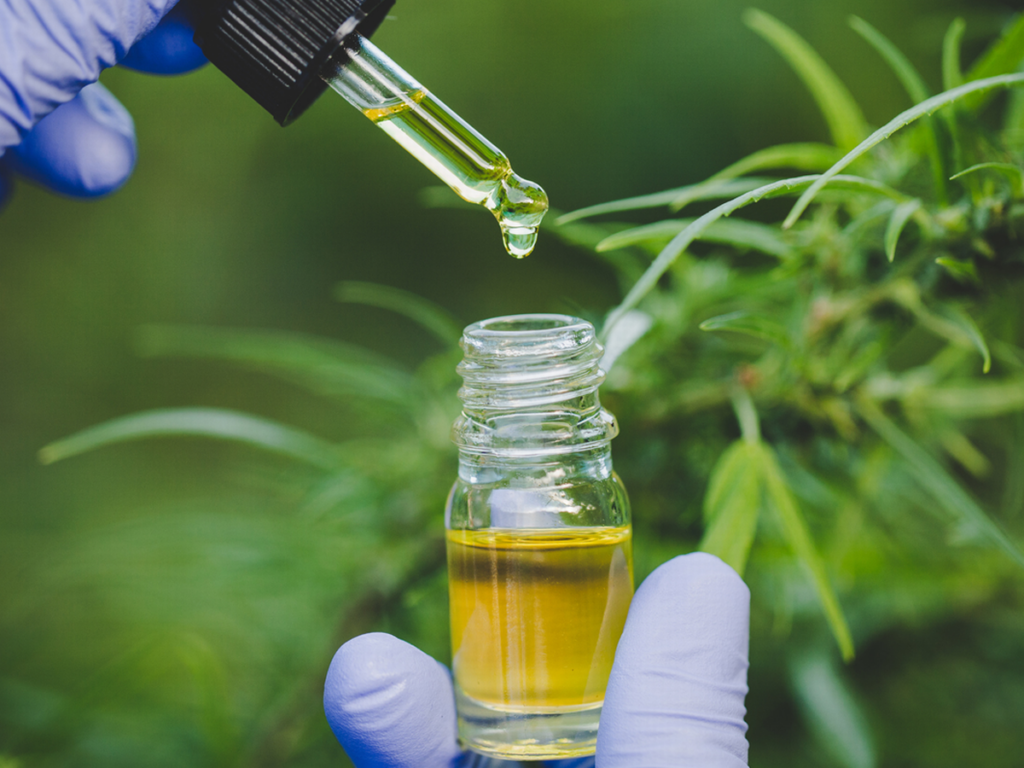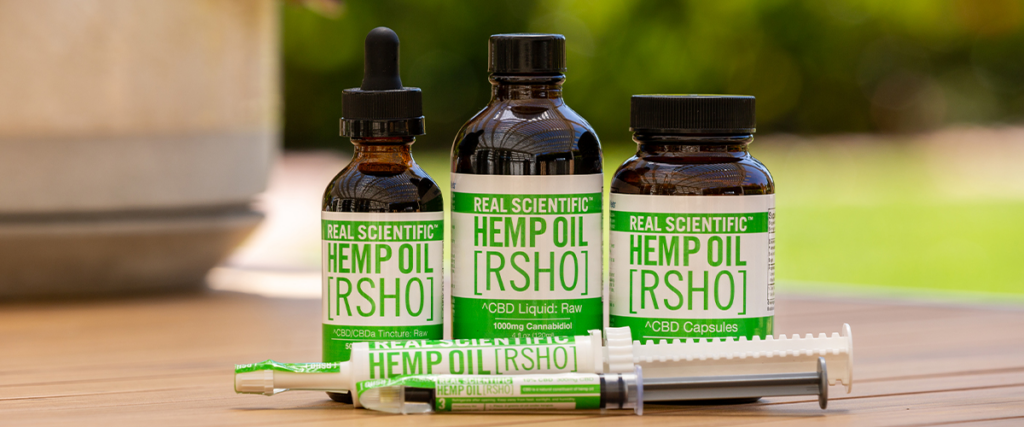Cannabidiol, or CBD, is a chemical component found in the cannabis sativa plant. CBD interacts with neuroreceptors in your endocannabinoid system, which delivers messages between your cells to assist control your mobility, mood, homeostasis, and immune system, either applied topically or taken by smoke inhalation or edible ingestion.
CBD is frequently produced in oil form from the cannabis sativa plant and combined with an inert carrier oil such as hemp seed oil for ingestion. According to a recent Forbes Health poll of 2,000 U.S. adults conducted by OnePoll, 55% of those who have used CBD previously use CBD oils and tinctures specifically.

Related – James Bond’s lifestyle – Everything We Know!
CBD research is expanding as well. Here are nine ways CBD oil may boost your health, according to research.
- Reduce Anxiety and Depression
CBD’s capacity to soothe is likely its most well-known benefit and the reason it is so widely used. A 2017 study published in the Brazilian Journal of Psychiatry examined the anxiety levels of 57 males during a simulated public speaking examination. Some were given a placebo, while others were given either 150 milligrams, 300 milligrams, or 600 milligrams of CBD before their talks.
Those who got 300 milligrams of CBD had much less anxiety during the exam than those who received a placebo. Interestingly, those who took 150 or 600 mg of CBD had higher anxiety during the test than the 300 milligrams group.
Meanwhile, at least one mouse research found that CBD exhibited effects similar to the antidepressant imipramine. However, human experiments are required to clarify whether CBD may provide the same antidepressant effect in our bodies.

- Treat Specific Epilepsy Syndromes
In some cases, CBD can be used to treat epileptic seizures.
In 2018, the Food and Drug Administration (FDA) authorized the use of CBD under the brand name Epidiolex to treat seizures caused by Lennox-Gastaut syndrome and Dravet syndrome, two uncommon types of epilepsy, in kids over the age of two.
Three well-researched studies serve as the foundation for the FDA’s decision. In these studies, 516 individuals with Lennox-Gastaut syndrome or Dravet syndrome were given Epidiolex or a placebo. When used with other recommended drugs, Epidiolex reduced the incidence of seizures in participants relative to placebo.

- Reduce PTSD Symptoms
In a tiny 2018 research published in the Journal of Alternative and Complementary Medicine, 11 persons with post-traumatic stress disorder (PTSD) received CBD along with standard psychiatric therapy for eight weeks in an outpatient psychiatric clinic. PTSD symptoms were reduced in ten of the eleven participants. The researchers indicate that CBD was usually well tolerated.
Margaret Rajnic, a doctor of nursing practice with experience in medical cannabis and CBD, highlights the significance of employing treatment in conjunction with any sort of cannabis or CBD for PTSD. “There is a certain level of therapy that is required for PTSD,” she explains. “However, CBD will give you a slight reduction in anxiety.”
Four more human trials from 2012 to 2016 show CBD lowers PTSD symptoms, however some incorporate THC, or tetrahydrocannabinol, the major mind-altering component in cannabis. When THC and CBD interact, they produce what is known as an “entourage effect,” which means they complement each other’s advantages and potency.

- Treat Opioid Addiction
Some research, both preclinical animal and human clinical trials, show that CBD might be utilized to assist treat opiate addiction.
In one such trial, CBD was given to persons who had a heroin use issue. CBD dramatically decreased cue-induced cravings, withdrawal anxiety, resting heart rate, and salivary cortisol levels in heroin addicts over the course of a week. There were no significant side effects discovered.
Other studies have found CBD to be useful in lowering different psychological and physical symptoms such as anxiety, sleeplessness, and pain in people with drug use disorders, indicating that CBD may be a viable therapy for opioid addiction. However, further research is required.

- Reduce ALS Symptoms
Amyotrophic lateral sclerosis (ALS) is a disease that causes nerve cells in the brain and spinal cord to degenerate, resulting in muscular control loss that worsens over time. It is yet unknown why ALS arises, while it may be genetic in certain cases. There is no known cure, and there are only two FDA-approved drugs to assist treat ALS symptoms.
Persons with ALS, like people with PTSD, may benefit from the entourage effect caused by the combination of THC and CBD, according to research. In a 2019 research, participants got varying amounts of THC and CBD based on their requirements and preferences. Those with mild, moderate, or severe spasticity (muscle tightness and stiffness) caused by ALS expressed high levels of satisfaction with the therapy, and those with moderate to severe spasticity reported greater satisfaction rates than those with mild spasticity.

- Relieve Unbearable Pain
Sativex, an oromucosal (absorbed in the mouth lining) spray containing equal parts THC and CBD, was licensed for the treatment of multiple sclerosis-related central neuropathic pain in Canada in 2005. In 2007, Canada allowed the drug’s re-use for cancer pain that had not responded to previous treatments.
Meanwhile, ongoing research in the United States suggests that CBD is useful in treating chronic, non-cancer pain. In one 2020 study, researchers applied CBD topically to a group of patients with symptomatic peripheral neuropathy (a result of brain nerve and spinal cord nerve damage), while another group with the same condition received a placebo. When compared to those who received a placebo, those who used topical CBD experienced a significant reduction in intense, sharp pains and cold, itchy sensations. There were no negative side effects reported by participants.

- Reduce Diabetic Complications
To begin with, experiments on human cells revealed that CBD helps minimize the impact of high glucose levels on other cells in the body, which often precedes the development of diabetes and other issues. Researchers concluded that future research into CBD might reveal considerable advantages when taken in people with diabetes, diabetic complications, and plaque accumulation in arterial walls.
In another small study, 13 patients with type 2 diabetes who were not on insulin were given both CBD and a placebo (in lieu of insulin). Researchers discovered that CBD reduced their levels of resistin (a protein that causes resistance to insulin, the protein that regulates sugar levels) and increased their levels of glucose-dependent insulinotropic peptide (a hormone that ensures a sufficient release of insulin from digested food) compared to their baselines before the test. These findings imply that CBD might be used as a natural diabetes therapy by assisting the body in regulating insulin-related hormone levels.

- Prevent Neurological Disease
CBD has antioxidant and anti-inflammatory properties, according to preclinical and clinical studies. Researchers believe that these traits can give considerable neuroprotection or protection against a variety of clinical illnesses.
Several preclinical studies show that CBD may be effective in the treatment of Parkinson’s disease, Alzheimer’s disease, and multiple sclerosis. Huntington’s disease and cerebral ischemia were also tested, but no significant positive results were found. More clinical trials are needed to prove CBD’s effectiveness as a therapy for various illnesses.

- Prevent Arthritis Symptoms
Arthritis is characterized by the deterioration of the tissues in and around your joints. There are numerous forms of arthritis, and symptoms include pain, stiffness, and loss of mobility. Arthritis treatment typically focuses on pain relief and improved joint function.
Related – James Hetfield Divorce With Wife Francesca Hetfield!
A 2006 research indicated that Sativex, a CBD-based botanical medication licensed in the United Kingdom in 2010, generated statistically significant improvements in sleep quality, pain during movement, and pain at rest in patients with rheumatoid arthritis when compared to a placebo. It was the first controlled trial of Sativex as a therapy for rheumatoid arthritis, with 58 patients participating. CBD was discovered to have pain-relieving properties as well as the capacity to decrease disease activity.

